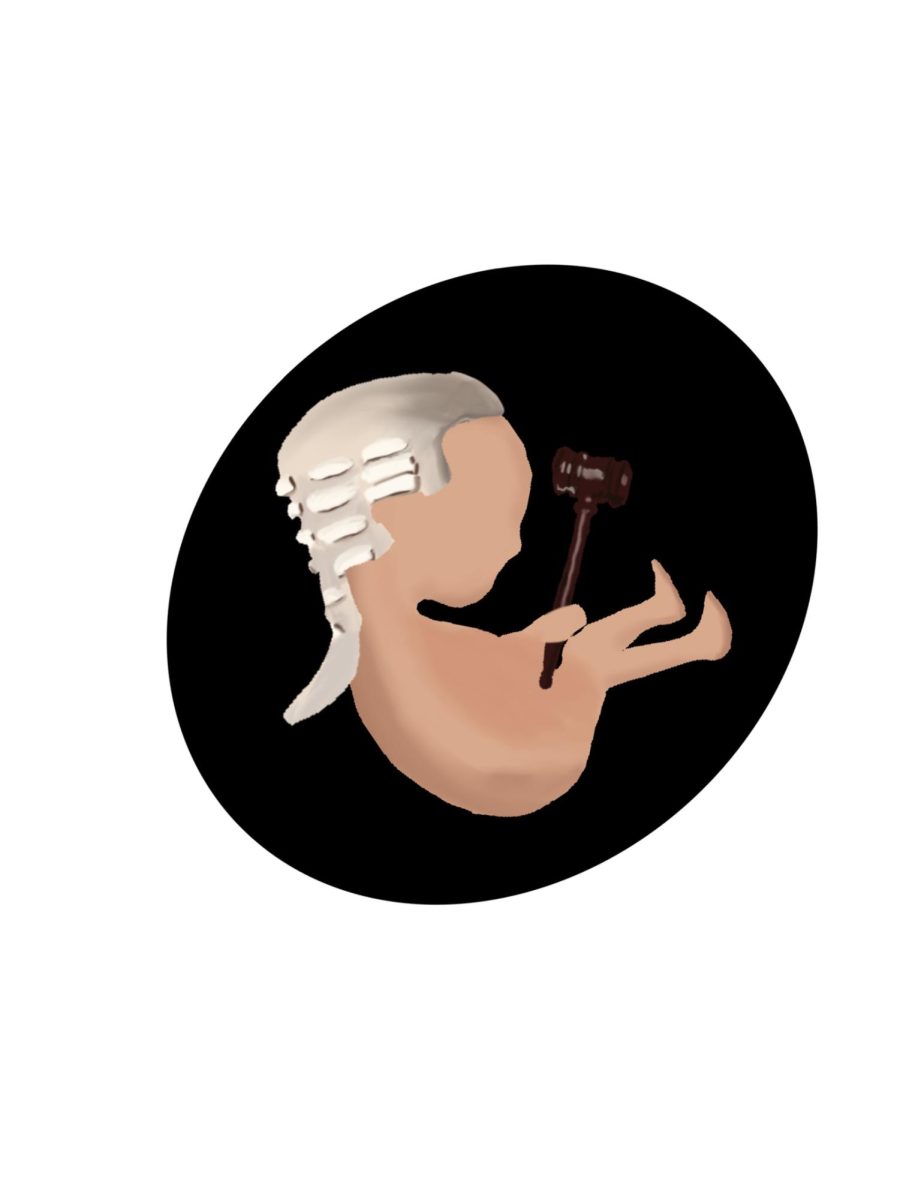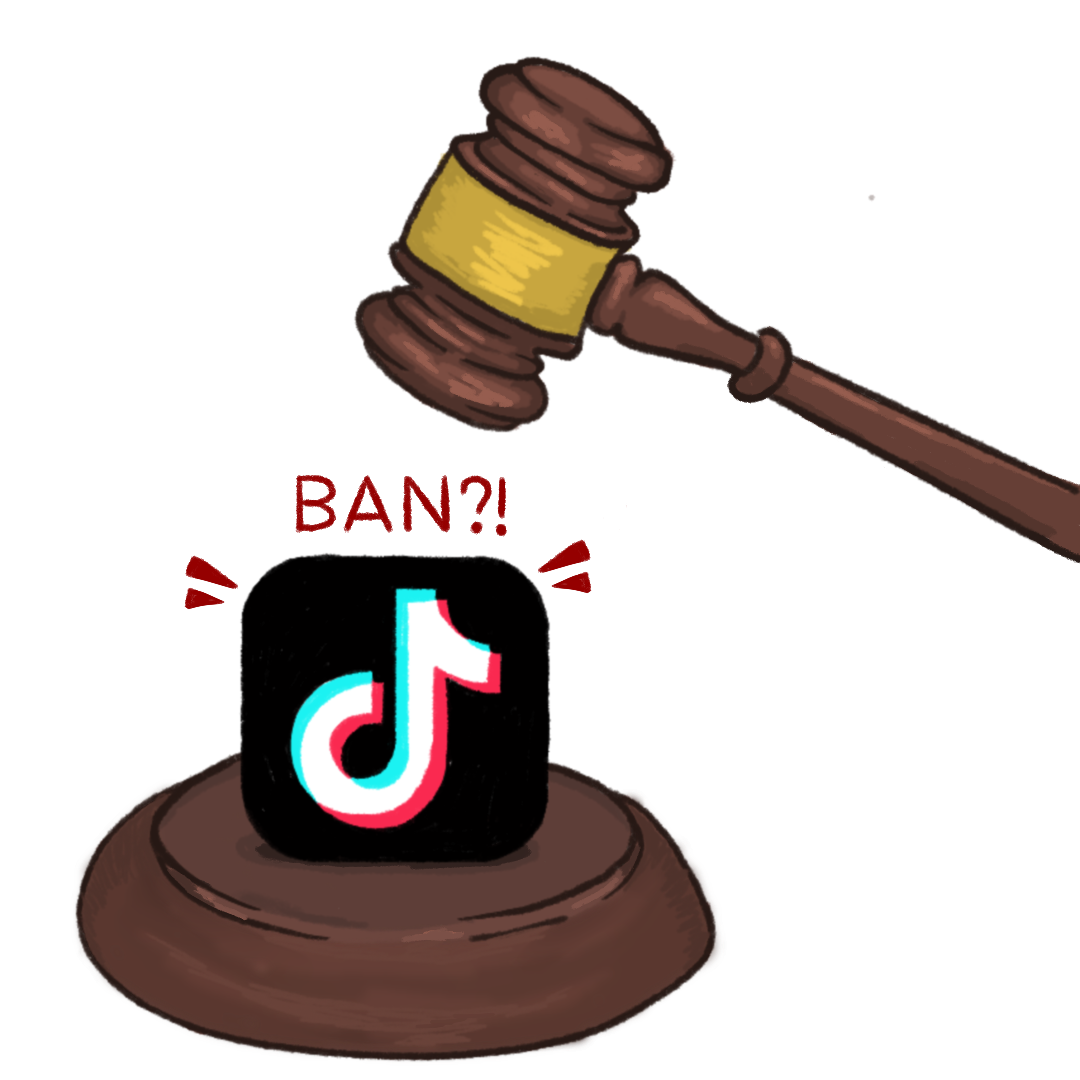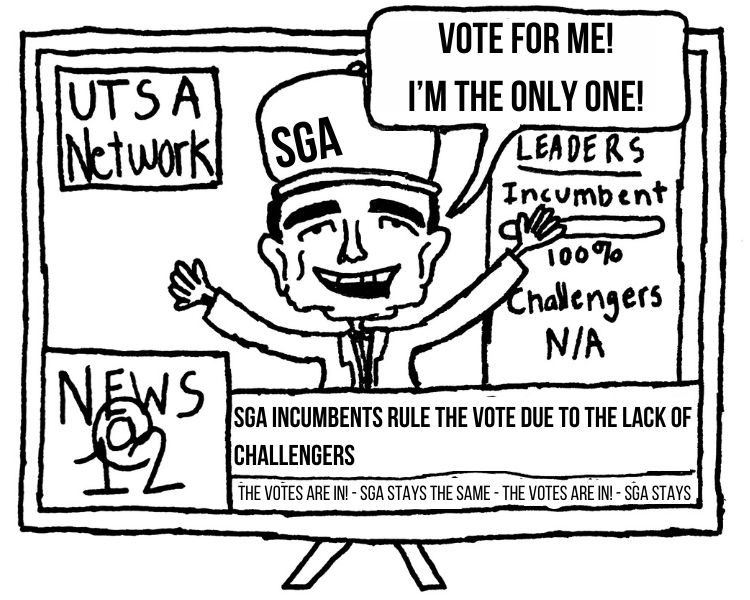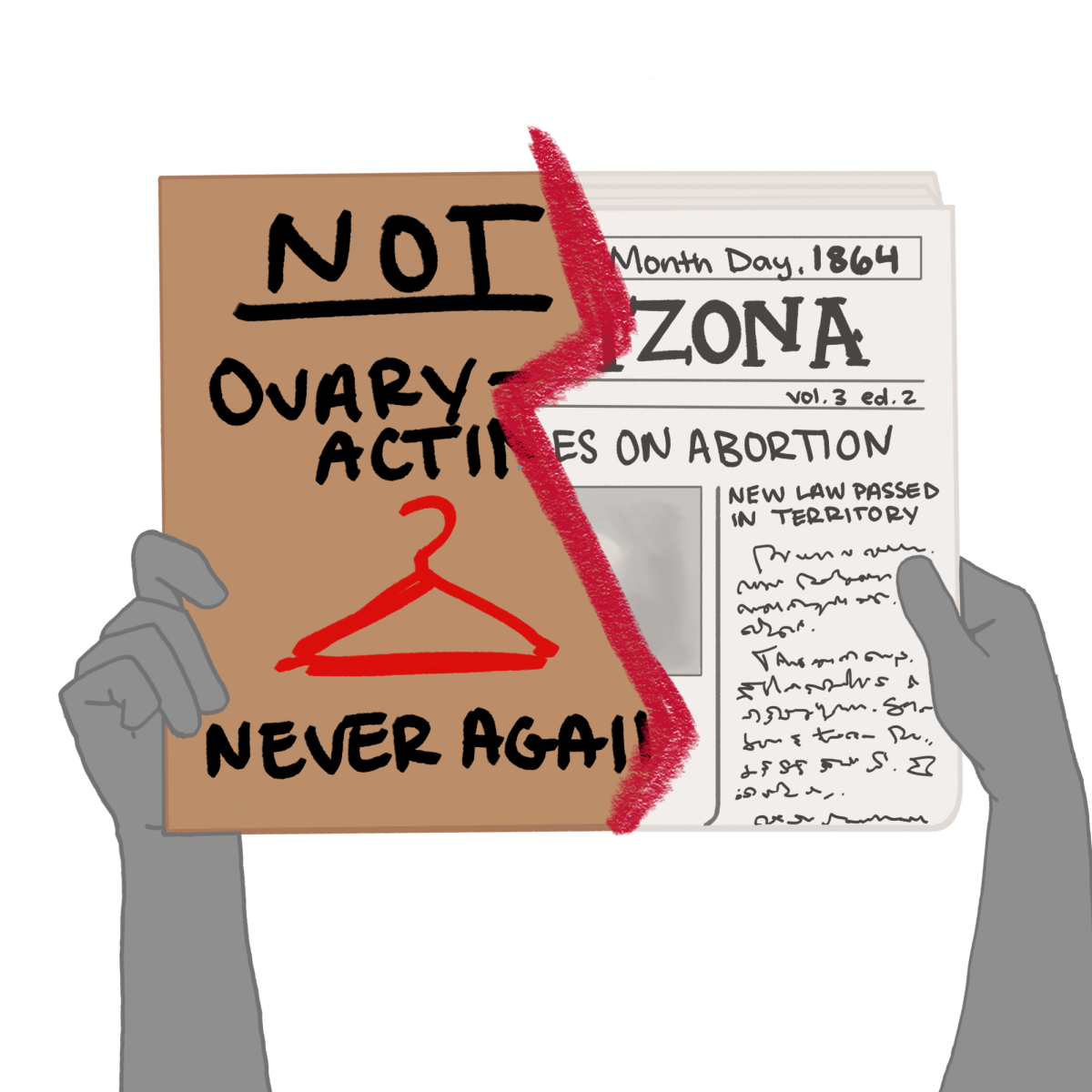Recently, Arizona’s SB 1062, a bill that would allow businesses to refuse services to customers based on their religious beliefs, intensified a national debate on whether private businesses are well within their First Amendment rights to discriminate against individuals and whether “religious liberty” has precedence over an individual’s right to equal treatment in the public. Although both sides of the aisle have valid beliefs that they are entitled to, it is important to critically examine the law, history and society in order to have an informed opinion on this particular issue.
Proponents of SB 1062, and other political efforts similar to SB 1062, claim that those bills are necessary to protect religious freedoms and the rights of private businesses owners. Others affirm their support for marginalized groups and proclaim that they would personally not discriminate, but argue that the Constitution does protect the right of people to be jerks which should be respected. The latter belief is arguably cognitive dissonance in action, since it involves advocating for an abhorrent system while upholding a moral superiority complex.
Not only are anti-discrimination efforts not an infringement on religious liberties or the rights of private business owners, but any law created by any government body to legalize discrimination on the basis of religious conviction violates the First Amendment’s ban on creating laws respecting an establishment of religion.
In the United States there are differences between individuals and businesses when it comes to the application of laws. This means that American individuals unquestionably have rights to behave in a prejudiced or bigoted manner, but when it comes to businesses it is not so clear-cut.
For starters, if a business is a public accommodation it automatically gives up its First Amendment rights to an individual’s Fourteenth Amendment rights (the right to equal protection under the law) because public accommodations are created to provide service to and are accessed by the general public. It is irrelevant if the public accommodation is a public or private entity; as long as a service for the general public is being provided, it is required that it cater to people equally. The Civil Rights Act of 1964 helped expand on the ideology of equal access to public accommodations and court rulings like Employment Division v. Smith (1990) helped clarify the notion that freedom to exercise one’s religion does not relieve a person of their obligation to comply with the law. Honestly, setting up a public accommodation is not an appropriate path for a person who wants to publicly place their religious beliefs above another human being’s right to exist without being dehumanized.
If SB 1062 passed it would have been a violation of the establishment clause of the First Amendment because the government of Arizona would have orchestrated the advancement of the Evangelical Christian religion.
I am thankful that an individual’s right to equal treatment in a public space trumps a person’s prejudices because these prejudiced beliefs are private and personal and are not credible enough to be used to diminish another human being’s worth. As Matt Essert, a journalist for Policymic said, “Bill 1062 would allow each individual to operate as their own stand-alone religion and potentially discriminate however he or she saw fit, creating a slippery slope that could have disastrous consequences.”
This is not the type of society we should aspire to. People not learning to co-exist peacefully with others despite differences can have negative consequences for everyone, not just the parties involved, so I applaud progressive efforts that serve to evolve society, despite these efforts being labeled as an affront to religious liberties.

















